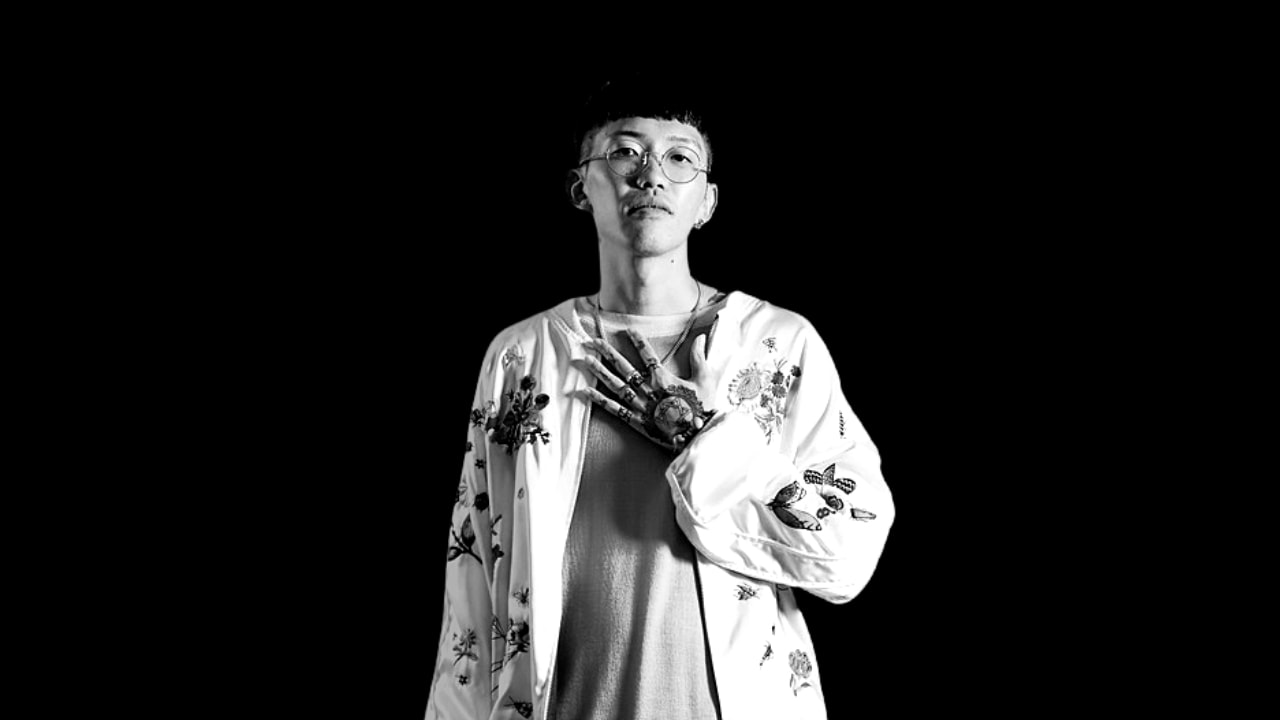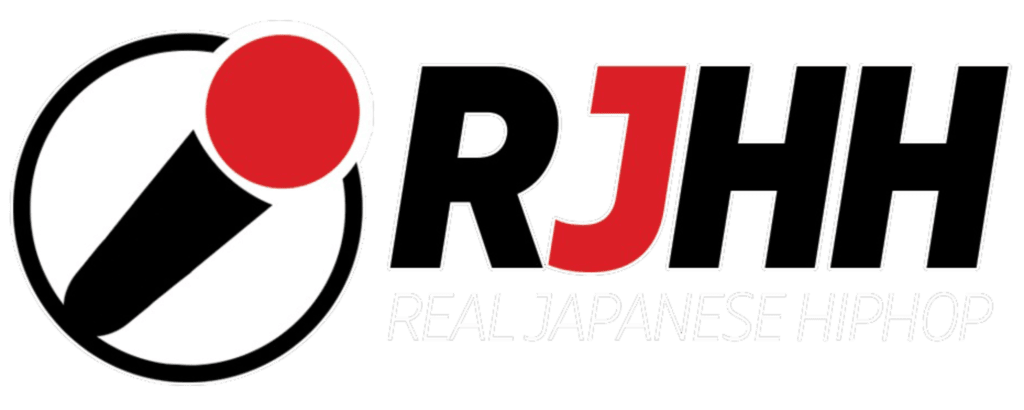June 12, 2020 | Tokyo, Japan | ATTANGO
Since its beginnings, Peavis has already completed several music projects. Between 2018 and 2019, he finished a series of four EPs and one album. This young rapper from Fukuoka continues to experiment and make use of his musical heritage. We met with Peavis to talk about his beginnings, music, and album PEACE IN VASE. We also discussed his numerous influences and musical identity, showing that Peavis’s world is diverse.
ATTANGO: Hello Peavis. Before we get to the heart of the matter, could you start with a quick introduction?
Peavis: My name is PEAVIS; I’m a rapper in Fukuoka. I belong to a rap team called Yelladigos. I grew up surrounded by street culture from a young age and started rapping in college. I express myself through the art of music so that people around me and the world, including myself, can have peace of mind.
ATTANGO: We have very little information about the beginning of your career. Can you quickly tell me about the beginning of your journey?
Peavis: Originally, I was interested in American culture and music, such as skateboarding and especially MTV, so it was natural for me to approach hip-hop music. I started writing lyrics when I was 13. Two years later, I graduated from high school and performed in public for the first time.
ATTANGO: I wondered if your first group Yelladigos is still active; the last video, It’s All Right with Kiki Vivi Lily, is two years old. Do you have any new projects planned?
Peavis: Yelladigos was formed in 2015, and the members are Rio, Bashi the bridge and DJ KENBEAT, and myself. We have the same ideas when we make music. My solo releases are the main activity, but Yelladigos group songs will be released soon—just a little more patience.
ATTANGO: I discovered you with the videos “All I Know” and “Plastic City.” Do you think these tracks propelled your career and helped make you known? Or do you have other songs in mind?
Peavis: All I can say is “All I Know” is a song I listened to on Soundcloud and was the first one I made during my solo beginnings. So it’s an essential title for me. I’ll also talk about “Nobita,” a song I recently released on YouTube. It has the highest number of views of videos I’ve released so far. This track is also a tribute to Daemon, the main character of a Japanese anime. I think the video will be interesting even if people abroad watch it. You can review the video if you like.
ATTANGO: Sure thing, I won’t miss it!
ATTANGO: Starting in 2018, the first three EPs were discovered; Slowly Tape 1, Slowly Tape 2, and Slowly Tape 3. The following year, which one did you put the most effort and which one is your favorite?
Peavis: The Slowly Tape series includes songs produced as a Mixtape before releasing my first album. There are many songs, including several with a romantic theme.
ATTANGO: I also noticed that Jazadocument produced several titles. How did your first meeting go, and what is your best collaboration with them?
Peavis: Jaza is a talented producer I met when I was younger. When I lived in Hokkaido, we became friends after several collaborations. I would mention the title “Blessing” from the Slowly Tape 3 EP, a great beat by Jaza that I like.
ATTANGO: In 2019, your first solo album, PEACE IN VASE, was released. What could you say about this project several months after its release? How did it take shape, what subjects were covered, and finally, what was the choice of invited rappers?
Peavis: PEACE IN VASE is a work on the theme of peace. I create a process to find peace of mind during this challenging period. Regarding the choice of artists, I selected people who matched the song’s theme regardless of the recognition of their name.

Peavis, PEACE IN VASE
ATTANGO: Listening to PEACE IN VASE, I felt a beautiful diversity in the production of the songs. You chose to call on several producers, such as Gradis Nice, Tigaone, KM, Fog, and Lil’ Yukichi… Why this choice?
Peavis: That’s true; there are a lot of producers. I wanted to create an original sound work while simultaneously expressing all the different aspects of myself, so I asked good producers regardless of their style.
ATTANGO: I would like us to talk about the title “MIRAI” with Daichi Yamamoto and Dengaryu with a very underground beat provided by Gradis Nice. What did you write this song about?
Peavis: MIRAI describes what it feels like to be an adult; even though 2020 is underway, it could be far away if I was a child.
ATTANGO: Are you planning any projects shortly?
Peavis: I am working on my next single, and another project I participated in as a guest will soon be released.
ATTANGO: I often ask this question to artists. Who would you mention if you had to give me your top 3 current Japanese rappers?
Peavis: I love everyone who works with me, but I’ve recently been interested in Kato Jackson and PizzaLove. Listen to them because they’re unique and exciting.
ATTANGO: Several countries, including Japan, are currently affected by the Covid 19 pandemic. The government has decided to shut down most cultural activities in Tokyo and several other cities. What is your opinion on the current situation?
Peavis: I think it’s good to make calls about this health emergency or to stay at home, but it’s a shame not to give anything to the people and artists who typically pay taxes. I think many people have lost their jobs, and the future is uncertain, but what I can do is write new titles, so I will continue to make songs that have a positive impact on the world.
ATTANGO: Thank you, Peavis, for the interview. Do you have any final words for the French-speaking readers of Real Japanese Hip Hop?
Peavis: Thank you! To conclude, I would say that there are many rappers in Japan, not just in music but in the art industry. Many artists lack content and reach weaker in Japan compared to foreign countries. That is why I want to continue working to give new values to the Japanese scene. Although the language differs, I think everyone in France can understand my idea. Listen to my music if you’d like.
Comments received by ATTANGO








